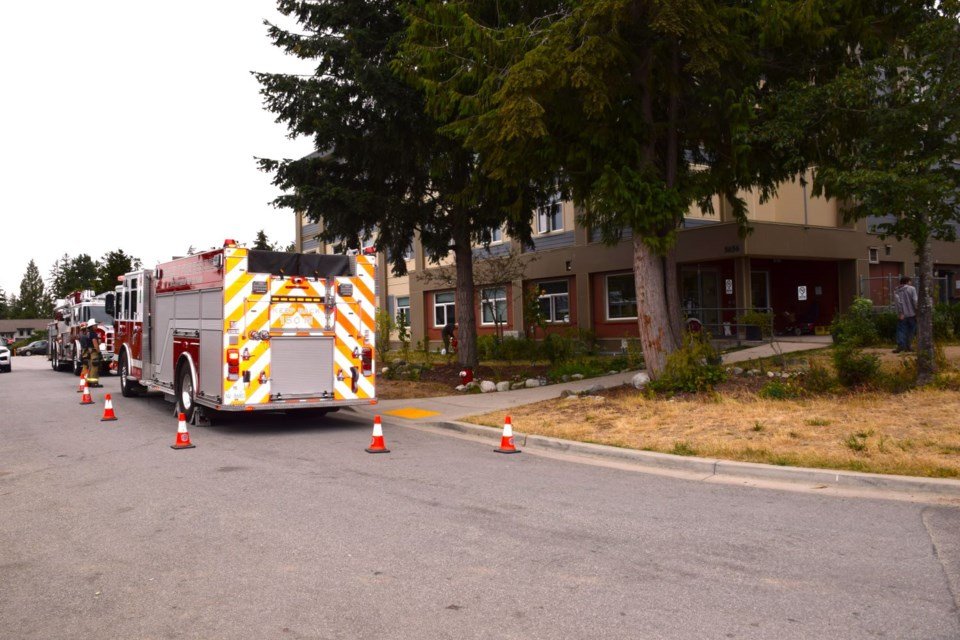The District of Sechelt is urging the provincial government to allow municipalities to take part in the current review of supportive housing programs and policies across British Columbia. At the July 16 council meeting, Councillor Alton Toth introduced a motion that called for local governments to be included in the expert panel now guiding the review. The provincial panel includes police services, health authorities, Indigenous partners, and non-profit housing providers, but no municipalities.
Toth said this lack of representation overlooks the governments that live with the daily consequences of supportive housing. According to him, local councils face both the financial burden and the social pressures that come with these facilities. He argued that municipal voices are needed to provide practical insight that other groups may not fully understand. He added that requesting participation is the responsible step, since local leaders are directly connected to the concerns of residents.
The province has explained that the review aims to make supportive housing safer for both residents and staff. A statement from the government noted that a temporary working group will be created to give housing providers more authority to respond to urgent safety issues. The group will also consider whether supportive housing should be removed from the Residential Tenancy Act. Such a change would give operators greater flexibility in dealing with dangerous behavior, criminal activity, and drug-related incidents inside housing units. The province has stated that these measures are designed to protect vulnerable tenants from being exploited and to support operators in taking quick action when safety is threatened.
Toth stressed that Sechelt has already experienced real impacts linked to supportive housing projects. He pointed to Hightide Avenue, where provincially funded housing and a homeless encampment have been the focus of ongoing complaints. The street is home to Hightide Modular supportive housing and the Sechelt Shelter, both run by RainCity Housing. Local residents have raised concerns about theft, open drug use, and even assaults in the area. According to Toth, municipalities like Sechelt have first-hand knowledge of these challenges, and their perspective should help shape any long-term policies.
Although he said Sechelt should ask for a seat, Toth made clear that even if another municipality is chosen, it would still be a step forward. In his view, at least one local government needs to join the discussion to explain the effects on communities, since service providers and provincial agencies cannot always see the full picture.
Councillor Dianne McLauchlan supported the motion, though she admitted she was concerned about the extra work it might bring for the district. Still, she agreed it was important for Sechelt to raise its voice. She said that even if the province selects another community, it will be progress toward better municipal involvement.
Councillor Adam Shepherd also spoke in favor of the motion. He described supportive housing as one of the most urgent issues now facing Sechelt. He said it was essential for the council to advocate for inclusion in the provincial review, since decisions made without municipal input would overlook the realities faced by local residents.
The motion passed unanimously, reflecting the council’s shared view that local governments should not be left out of such an important process. The approved motion calls for the district to send a letter to the Minister of Housing and Municipal Affairs requesting meaningful representation in the provincial review. It also states that a copy of the letter should be sent to MLA Randene Neill to keep her informed.
Council members said they hope this request will lead to greater recognition of the challenges municipalities face when hosting supportive housing projects. For Sechelt, the review offers a chance to ensure that community safety, public services, and local concerns are part of the province’s policy decisions. By pushing for municipal involvement, the district aims to highlight the importance of including those most directly affected in discussions that shape housing programs.

